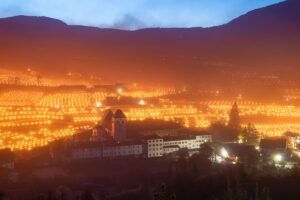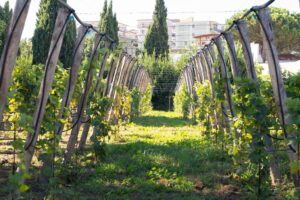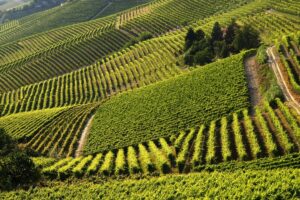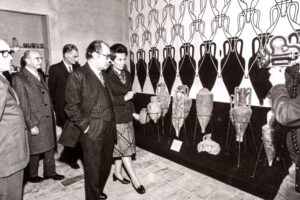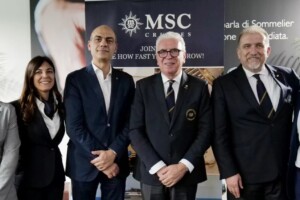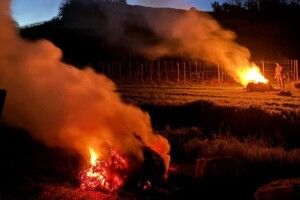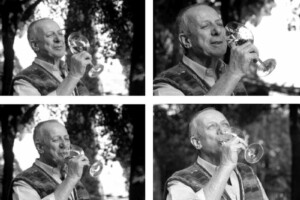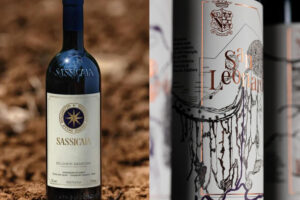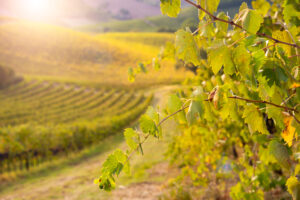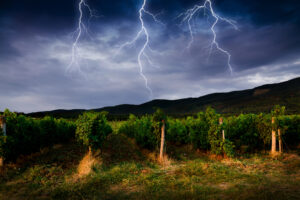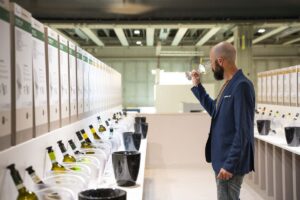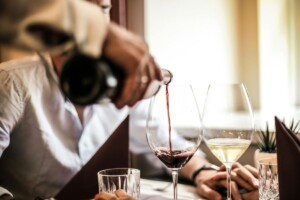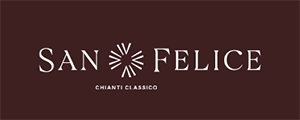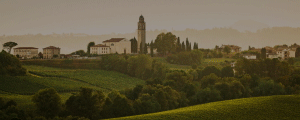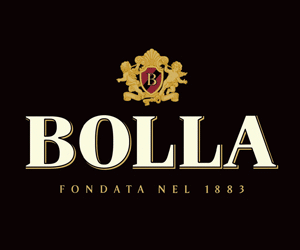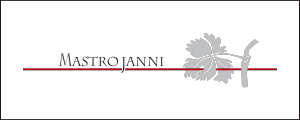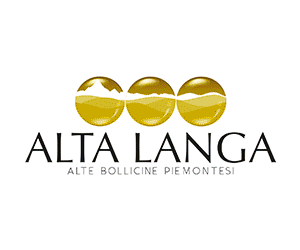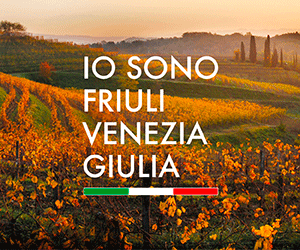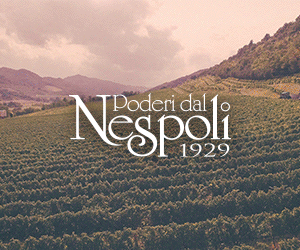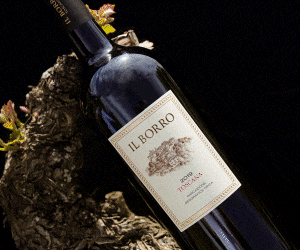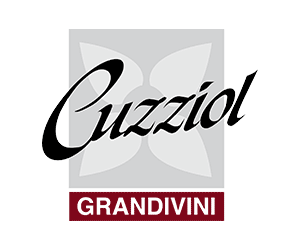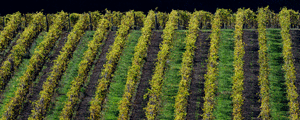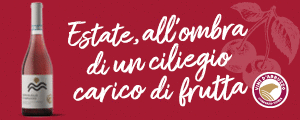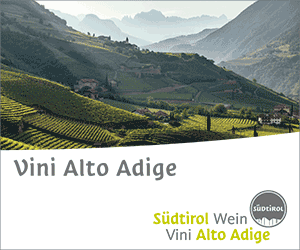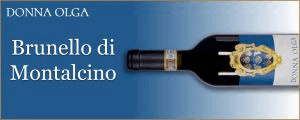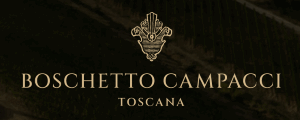There has been much talk about them in Italy and abroad. They have been discussed in various magazines and specialized journals. It can be said that it is also thanks to them that the newly arising galaxy of blogs in the sector has had and will continue to have material and topics for almost infinite debates. They are the "Barolo Boys", the generation of farmers in the Langhe territory, virtually unknown until the end of the Eighties that changed how to interpret and communicate the most famous red Piedmont wine, which became the undisputed star of the Nineties and has consolidated the success of Barolo on markets around the world to this day.
Call them "modernists", if you will: during the very long and sometimes grueling opposition to the traditional Barolo, the Barolo Boys embodied change, the desire to break with the past, a new agronomic and technical method of winemaking. They were both “revolutionaries” and “scrappers”. Some names? Elio and Silvia Altare, Giorgio Rivetti, Roberto Voerzio, Chiara Boschis, Elio Grasso, Lorenzo Accomasso as well as Alessandro and Bruno Ceretto, Beppe and Marta Rinalidi, Beppe Caviola and Marc de Grazia.
Two months after the methanol scandal shocked the wine world, a devastating hailstorm swept away the best vineyards in the Barolo area, forcing an already tried industry to its knees. For a group of young, visionary producers this was the time to move: it was necessary to break with their fathers’ non-action, open to external comparison and establish a new bond with the earth.
Two symbolic and striking gestures marked a watershed in the small world of the Langhe: thinning the vines (cutting the grape bunches in the summer to allow the fruit on the plants to ripen better) and introducing small French oak barrels, the barrique, in place of the large wood vats.
In 1990, the New York Times coined the term "Barolo Boys" to describe these small, ambitious and rebel vintners. It was the unmistakable sign of the bet won, but it was mainly the end of an era, and was far from painless: some of the protagonists of this revolution were excommunicated by the patriarchs, while the front of the traditionalist producers stood as an ideological and stylistic alternative, putting the true identity of Barolo at the center of the dispute.
The following years were of relentless escalation: success, fame and wealth overcame the hills of ruin and abandonment. Then, in the twenty-first century, environmental, technical and ethical issues burst into the debate and put a strain on the team spirit and the overwhelming enthusiasm of the early days.
What remains of that experience? Who are they and what are the Barolo Boys doing today? How did they come out of the long years of challenges and conflicting visions that have profoundly marked the Langhe wine? Does it even make sense to talk about winners and losers? These and other questions are the focus of the film "Barolo Boys. The story of a revolution”, to be released in Spring (April), 2014. It will tell, for the first time, in cinematographic form, about the genesis and development of the most important economic, social and cultural transformation that happened in Piedmont during the final years of last century. Giving the floor to the protagonists, the film will narrate the birth of Barolo wine as a planetary phenomenon and the affirmation of the Langhe region as a territory of excellence. There will be the vintners (the modernists, but not only) and the various personalities who influenced the story: critics and opinion leaders such as Carlo Petrini, importers (one for all: the famous Italian-American Marc de Grazia) restaurateurs, winemakers and coopers.
The film will show the characters in action in perfectly manicured vineyards and in some cases, futuristic cellars, recording their personal expectations, dreams and the difficulties of an undertaking that could become a metaphor for a territory, a time or an entire country.
The idea came from the writer Titian Gaia and film director Paolo Casalis (both natives of Alba) and was produced by Stuffilm Creativeye in Bra, "Barolo Boys. The story of a revolution" has already received important support in pre-production, first of all from Film Commission Torino Piemonte. On October 20th in Bra, during the Cheese 2013 event, the project will be presented in the literary salon of Slow Food Editore and a few exclusive excerpts of scenes from the film will be shown, which will be completed in November 2013. The authors will talk about the film, together with some of the actors, critics and journalists, including Giancarlo Gariglio, curator of Slow Wine, and Gigi Garanzini.
Info: www.baroloboysthemovie.com
Copyright © 2000/2024
Contatti: info@winenews.it
Seguici anche su Twitter: @WineNewsIt
Seguici anche su Facebook: @winenewsit
Questo articolo è tratto dall'archivio di WineNews - Tutti i diritti riservati - Copyright © 2000/2024










